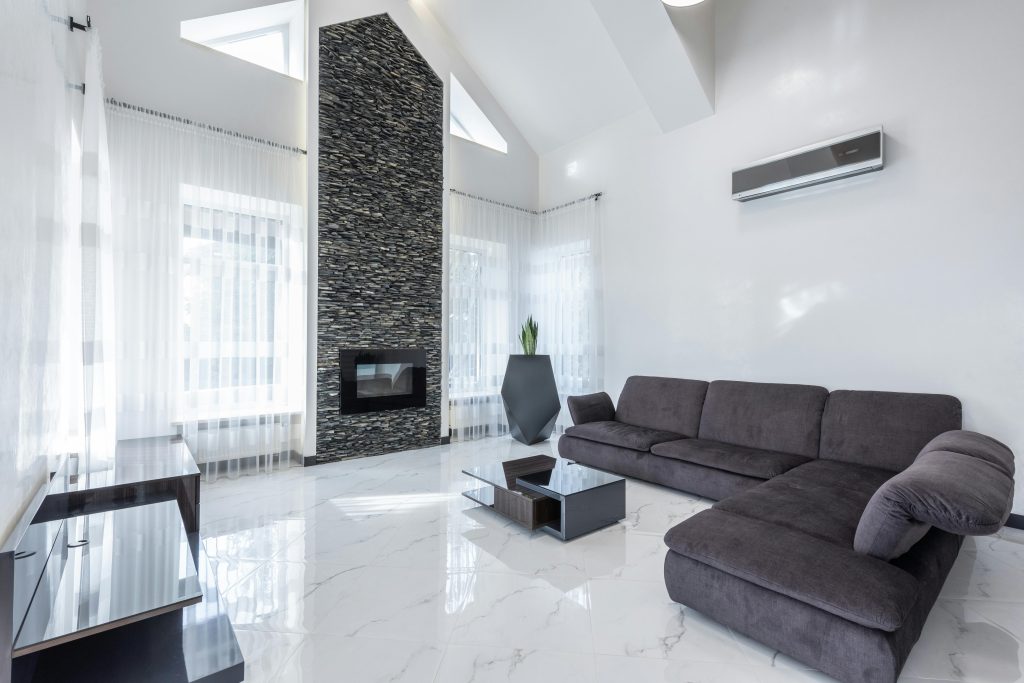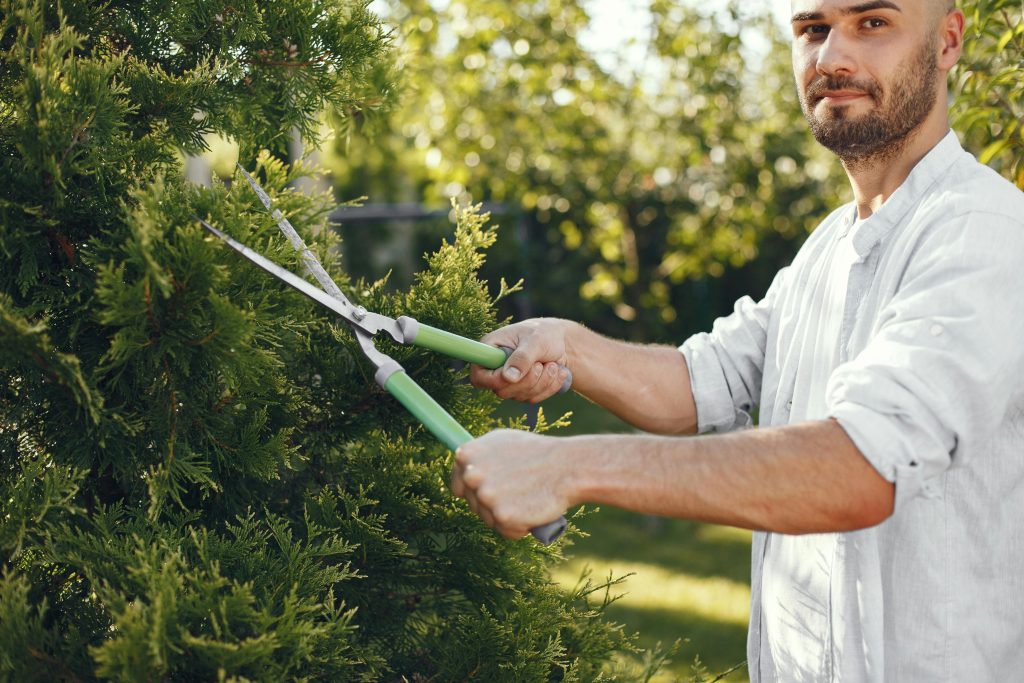Introduction
A well-maintained property isn’t just about curb appeal—it’s about protecting your investment, keeping tenants safe, and avoiding costly repairs down the track. For property managers, seasonal maintenance is a non-negotiable part of effective asset management.
Welcome to our Essential Seasonal Maintenance Tips for Property Managers series. In this edition, we’re focusing on summer maintenance—when heat, storms, and higher energy usage can all impact property condition and tenant comfort.

Whether you manage a single residential property or an entire portfolio, these proactive tips will help you stay ahead of the game and reduce reactive maintenance calls during the warmer months.
Why Seasonal Maintenance Matters
Staying on top of seasonal property maintenance:
- Preserves property value
- Reduces emergency repair costs
- Increases tenant satisfaction and retention
- Helps ensure compliance with insurance and safety regulations
Pro Tip: Create a seasonal checklist and schedule inspections quarterly to identify issues before they escalate.
1. Inspect and Service Air Conditioning Units
✅ Why It’s Crucial:
With Aussie summers often bringing sweltering heat, functioning air conditioning is essential for tenant comfort—and is one of the most common maintenance requests.
🛠️ What to Do:
- Clean or replace air filters
- Check for leaks or drainage issues
- Clear debris from around outdoor units
- Test for consistent cooling and airflow

Bonus Tip: Schedule servicing early in the season to avoid the summer rush (and technician delays).
2. Check Roofs, Gutters, and Downpipes
✅ Why It’s Crucial:
Summer can bring heavy rain and storms, especially in the northern states.
🛠️ What to Do:
- Clear leaves and debris from gutters
- Ensure downpipes are draining away from the property
- Check for cracked tiles, rust, or signs of water ingress
Safety Tip: Hire a licensed professional for multi-storey or difficult roof access.
3. Inspect and Maintain Outdoor Areas
✅ Why It’s Crucial:
Outdoor areas see more use in summer—especially in rental properties with families or entertainers.
🛠️ What to Do:
- Trim overgrown trees and shrubs (reduce fire risk and pest access)
- Pressure clean patios, decks, and driveways
- Check fencing and gates for stability
- Inspect outdoor lighting for safety and visibility

Seasonal Bonus: Re-oil timber decking to prevent sun damage and warping.
4. Pest Prevention and Control
✅ Why It’s Crucial:
Warmer months bring out pests like ants, cockroaches, mosquitoes, and rodents.
🛠️ What to Do:
- Schedule a pest inspection and treatment, especially if tenants have reported issues
- Seal gaps around doors, windows, and utility openings
- Encourage tenants to keep food sealed and bins emptied regularly
Tenant Tip: Provide seasonal pest control as part of your service—it’s a value-add that promotes hygiene and goodwill.
5. Inspect Smoke Alarms and Fire Safety Equipment
✅ Why It’s Crucial:
Bushfire risks increase in summer, especially in rural and regional areas.
🛠️ What to Do:
- Test all smoke alarms for function and expiry
- Replace batteries (if not hard-wired)
- Ensure compliance with state-specific legislation
- Check and replace fire extinguishers if required

Legal Reminder: Smoke alarm compliance is a legal obligation, not a suggestion. Stay up to date with local laws.
6. Review Irrigation and Watering Systems
✅ Why It’s Crucial:
Smart water use keeps gardens green and bills manageable during water restrictions or dry spells.
🛠️ What to Do:
- Test irrigation timers and sprinkler heads
- Look for leaks or blocked lines
- Adjust watering schedules for summer conditions
Sustainability Tip: Encourage native or drought-tolerant plants to reduce water needs long term.
7. Conduct a General Safety Inspection
✅ Why It’s Crucial:
Tenants are more active outdoors in summer, so hazard prevention is a must.
🛠️ What to Do:
- Inspect handrails, balconies, and stairs for wear or wobble
- Check driveways and walkways for cracks or trip hazards
- Review window locks and flyscreens

Risk Management: Document all inspections and any actions taken to demonstrate duty of care.
Conclusion
Effective property management is proactive, not reactive. Tackling summer maintenance head-on ensures your properties are safe, efficient, and enjoyable for tenants—while helping you avoid unnecessary repair costs and late-night phone calls.
Start your summer prep early, work from a seasonal checklist, and engage qualified contractors where needed. Your future self—and your tenants—will thank you.

